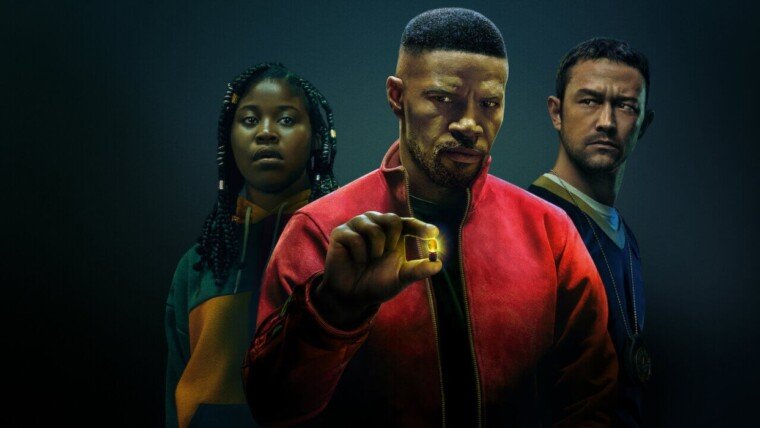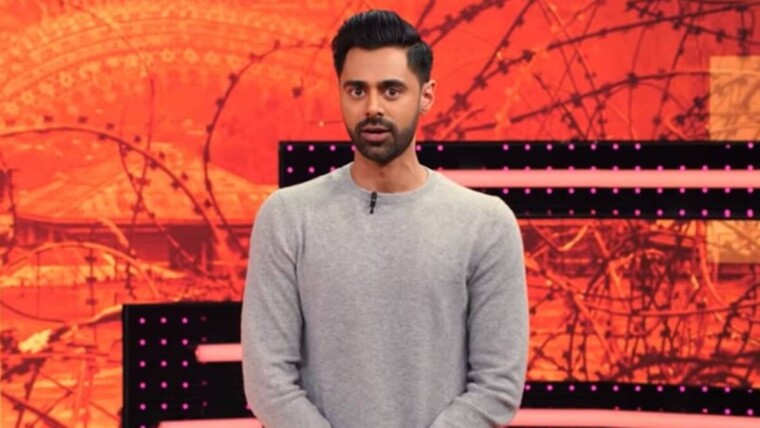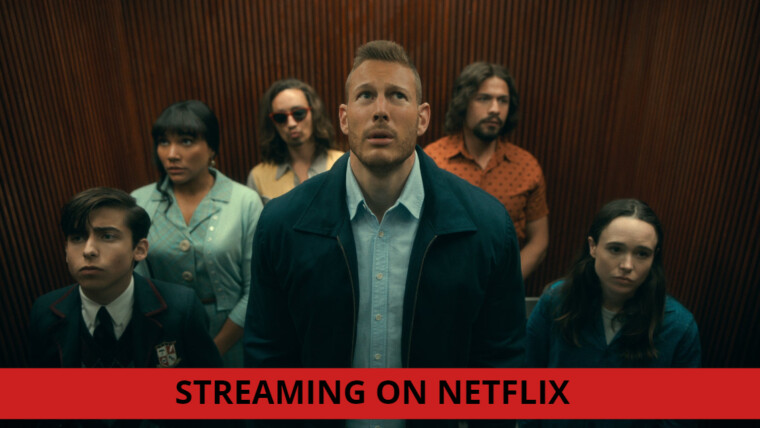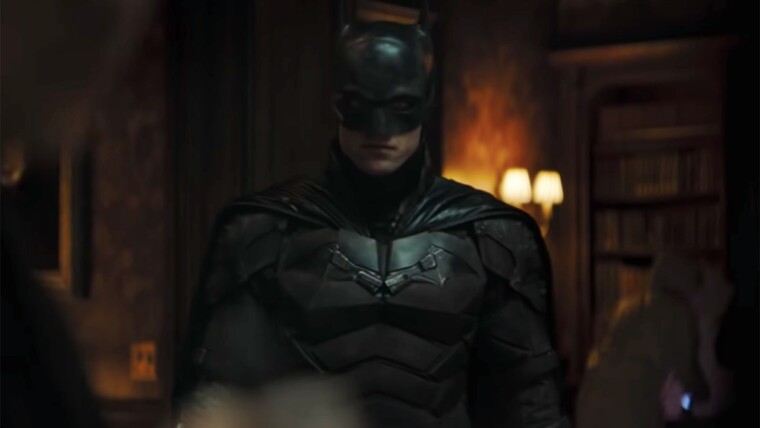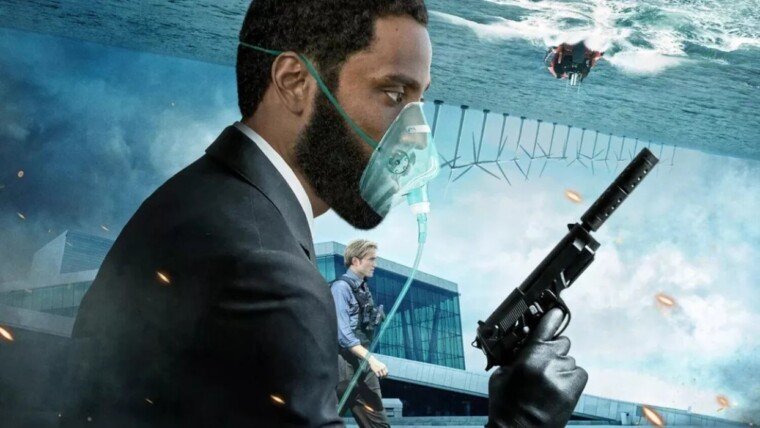This article contains spoilers from Season 1 & 2 of 13 Reasons Why.
The first season of 13 Reasons Why shook the very foundation of this planet. Okay, maybe not. But it did break the internet. It was the most tweeted-about show in 2017, yes, even more than — strap on your safety belts — Game of Thrones. While the second season, which dropped on Netflix a few days ago, hasn’t exactly set the world on fire like its predecessor, there are still a lot of people discussing it.
What I find interesting, is how divided this show is, not just among fans but critics as well. While sites like Rotten Tomatoes will show you that a vast majority of the people like this show (80% both critics and audience), there is a vocal group of people who heavily dislike the show. Some even outright hate it. Look, I get it. The show centres around a touchy subject matter: suicide and mental health. I would’ve been more surprised if people didn’t get into cage fights over it.
But what I have come to realise over the course of the first two seasons is that a lot of people who have pitched their tent in the ‘thumbs down’ side of the campsite are watching it through a distorted prism, completely missing the point in the process. Of course, this doesn’t refer to people who shrug off the show for its pacing (which is at times draggy), structure (which is unique) or performances (which are great from top to bottom). Instead, I’m talking about those who abhor the very essence of what this show is, those who scoff at the message (they think) the show is trying to send out.
Guys, Netflix’s 13 Reasons Why is a gem of a TV series. One that is terribly misunderstood and more often than not, unfairly judged. Below I analyse the various themes and characters that make this show riveting.
Hannah is NO angel… and that’s great writing.

One of the biggest complaints I constantly hear about the show is that it glorifies the act of ‘revenge’ and ‘suicide’.
You were assholes to me and now I’ve killed myself and left you these tapes describing in excruciating detail what an effed up person you are. Hopefully, you’ll drown in a pool of your own guilt for the rest of your lives. And I call upon all my fellow depressed peeps to join me, as we slit our wrists together and make them fu*kers regret even coming out of their momma’s vagina!
But this qualm is only valid if you choose to view Hannah as a conventional protagonist; If you assume Hannah is a character who’s meant to inspire people suffering from depression. This is more a problem with your assumption than it is a problem with the series itself. Because Hannah is not supposed to be anybody’s hero. She’s not meant to inspire, nor is she necessarily an empowering character. You’re not nudged to follow in her footsteps. Hannah isn’t Wonder Woman.
Had Hannah been written as a Mother Theresa-esque figure, yet kills herself and sends out those tapes to her fellow schoolmates, I would be right onboard the negative train. But the showrunners aren’t saying “Yo! If you’re suffering from depression, be like Hannah. She will be your salvation!” This is apparent as the series repeatedly highlights the consequences of Hannah’s action just as much as it highlights the consequences of everybody else’s action.

Hannah is deeply flawed. Case(s) in point:
- Hannah was suspended from her previous school for bullying.
- Hannah repeatedly makes questionable decisions, hanging out with one dickhead after another, seemingly never learning her lesson. Yes, she even hung out with Bryce alone on multiple different occasions.
- Hannah’s tapes cause Tyler to become a victim of more and severe bullying, which then causes him to spiral out of control and eventually contemplate shooting his school.
- Hannah turned out to be completely wrong about Zach throwing away the letter.
- Clay leaving Hannah after Hannah screams at him to is NOT a bad thing. Tony expresses that.
- Tony, who is one of the nicest characters on the show, explicitly mentions that Hannah is overly dramatic.
The show isn’t telling you to be like Hannah. It isn’t a love letter to depressed folk and suicide victims, but rather a bitch slap to society and a catalyst for very important discourses.
Regardless of what you think of her as a person, she’s still a suicide victim. Regardless of what you think of her methods, it is still how she chooses to tell her story. In fact, her some-might-call-cruel methods of dealing with her bullies should be a part of the discourse as much as the bullies themselves. But there is something to be said about our poisonous culture of victim-blaming considering many are choosing to focus more on Hannah’s personality and methods, than the actual acts of bullying.
Bryce is Brock Turner.

My brother buzzed me a few days ago, after he had completed the second season of this show. He was furious. “This was supposed to be the season where we get justice for Hannah!” I agree and I was furious too. I was certain we were getting a happy ending. That we would see Bryce get tried as an adult and serve a 25-to-life sentence in prison. But he didn’t. He gets a slap on the wrist — three months of probation and a school transfer. How is that fair? As the end credits of the final episodes rolled, I felt empty, just as I had after watching the first season.
But this once again proves that 13 Reasons Why isn’t trying to be an inspiring show for people with depression or those who contemplate suicide, but rather, a reflection of reality. And Bryce Walker is Brock Turner.
In 2015, Brock Turner, a varsity student, was caught by two Standford international pupils as he was using a foreign object to penetrate an unconscious woman. In what should’ve been a straightforward case with Turner being thrown in jail for 14 years, turned into a year-long circus show — think OJ Simpson. Turner’s wealthy family hired the best lawyers and renowned Private Investigators, who of course conjured up bullshit stories out of their asses. Turner was eventually only sentenced to six months confinement in the Santa Clara County jail (of which he served half) to be followed by three years of probation as the judge didn’t want to “ruin his life.” You see — as the media constantly reminded us — Brock Turner was a standup student and a great swimmer, one with a bright future. In other words, he’s a rich, white and privileged motherf*cker.
This parallels Bryce Walker, who raped multiple girls. And despite Jessica’s testimony, Bryce walks away with nothing more than a slap on the wrist. Just like Brock Turner, Bryce is a rich white kid, whose parents hire the best attorneys who successfully turn a straightforward trial into a clown show, twisting the story and shaming the victims. Jessica’s victim impact statement directly addressing Bryce parallels Emily Doe’s gutwrenching message to Brock Turner.
In an interview with EW Justin Prentice who plays Bryce Walker on the show says:
“I hope people are angry watching this because they should be.”
‘Boys will be boys’ and a covert bullying.

13 Reasons Why doesn’t just paint pictures in black and white. It looks at a wide spectrum of bullying, even the types that many might not even realise are acts of bullying.
To put things into perspective, a short aside about racism. White Americans owning black slaves is the worst form of racism. There are also other obvious forms of racism, like if you don’t give someone a job because of their race or if you beat up/insult someone due to the colour of their skin.
But there is also something known as covert racism. You might be a racist and not even know you are. Do you walk a little faster and lock your car doors immediately when you see a dark-skinned man in particular? Do you say, “Wow! She’s pretty for an Indian girl?” Yes, that’s racist too as it translates to, “Y’know, Indian girls are usually ugly and within that ugly circle, you stand out.”
That very logic can be applied to bullying too. The worst and most obvious kind is Bryce raping multiple girls, namely Hannah and Jessica, as well as many others. He’s a criminal. There’s also Montgomery, who sodomises Tyler with a broomstick. Also, a criminal act.
On the opposite end of the spectrum, there’s Alex who makes a ‘hot or not’ list and lies about Hannah to Jessica. In between Bryce and Alex, there’s Marcus, who invites his friends to watch as he attempts to get into Hannah’s pants during their date; Justin, who shows an intimate photo of Hannah to his friends, which Bryce then circulates around school; Courtney, who backstabs and spread rumours about Hannah to save her own face; Zach, who breaks her heart and sides with his asshole friends because he’s a coward; Ryan, who publishes Hannah’s intimate poem without her permission, and the list goes on and on and on.
Guess what?
Even Clay, who’s for the most part innocent, is at times a bit of a judgemental prick. Whenever he hears stories (true or otherwise) about Hannah making out or having sex with someone, he sits on his self-righteous high horse and unknowingly condescends her in a tone that screams oh-you’re-one-of-those-wild-bitches-too-huh? Well, guess what, Clay? If a GUY who is single can engage in consensual sex with as many people as he wants, then a GIRL can do the same thing too.
I know, many of you might be thinking:
That’s just life, though.

Oh, I can hear your voices through my laptop.
C’mon, serious cases like rape aside, teens will be teens. Boys will be boys. They’re going to objectify women and make ‘hot or not’ lists. It’s all harmless fun. Guys (and girls) are going to slut-shame women. I got slut-shamed and objectified too. I dealt with it.
First of all, shut up. Second of all, just because life sucks, just because something is status-quo, it doesn’t mean we should just accept it. Boys will be boys? Imagine if Abraham Lincoln had said, ‘whites will be whites.’ Yes, life does suck. But there’s a difference between motivating someone to keep fighting despite life’s many adversities and just accepting the status quo.
‘Boys are boys’ because everybody keeps saying ‘boys will be boys’; because nobody teaches us to be any different. As my younger sister was growing up, my parents constantly told her to “sit like a lady” — not with her legs wide open. In fact, parents always say a lot of things to their daughters. “No tank tops!” “No short shorts!” “Don’t go clubbing!” Apparently, if you do these things, you’re asking for trouble. But, never do they tell their sons to keep their dick in their pants. My parents certainly didn’t. They never spoke to me about girls or sex or consent.
Sure, I didn’t go on to rape or assault anyone. But I did what Alex did. In high school, my friends and I would sit around and list down names of girls (and teachers too) on a piece of paper and discuss their various body parts in graphic detail. And that list would get passed around. I didn’t think it was a big deal. Cause hey, I’m a guy and guys do that, right? I also had a crush on a girl. She was awesome. But when I found out she didn’t really like me, I spread rumours about how she was obsessed with me. When my friends told me she’s weird, I agreed with them, cause they’re my bros. #kewlkidz One time, a girl sent me an intimate photo of herself. I then showed it to a bunch of my friends. God, I wish I could turn back time and drop kick my 16-year-old face.
Every now and again, my dad will tell a story about a girl who had a crush on him during his high school days. She gave him a love letter. My dad responded by taking the love letter to her class, calling her out in front of her friends and tearing that letter in front of an audience. My dad tells this story proudly like he’s a badass.
But the truth of the matter is, there’s absolutely nothing badass about that at all. There’s nothing manly about hurting someone’s feelings. There’s nothing cool about writing girls names on a piece of paper and passing it around. The more appropriate term would be “asshole.” 13 Reasons Why focuses on all these aspects of bullying.
Parents (and adults) sometimes suck… even the great ones.

One of my favourite aspects of 13 Reasons Why that nobody seems to talk about is the relationships our ensemble has with their parents.
Take Zach’s mom Karen for example, who has been a single mom for quite some time. A strong, stoic figure who loves her children and has successfully kept the family afloat without the help of her husband. She’s also very much an Asian parent in the worst ways possible, one who doesn’t have open conversations with her children. The kind who goes, “Nah, that’s not a big problem. You can deal with it.” The kind of parent who doesn’t know if her children are still virgins or not. Or maybe knows but just chooses not to address it, which is almost as bad.
Parents sometimes don’t realise the importance of having conversations with their children. And by conversations, I mean an actual exchange of dialogue, not a one-sided spewing of rules and saying shit like, “because I said so.” Conversations where children can open up without the fear of being punished or judged or compared to other, seemingly “better” children.
Parents always wonder how they could’ve been so oblivious. Like the look of shock plastered on Hannah’s mom’s face throughout the court proceedings in Season 2, wondering why her daughter never shared any of her struggles and experiences with her. But why would Hannah tell her mom anything? After all, she tried telling her mom about a possible stalker and her mom just brushed it off in a tone that basically said, “urgh, teens and their nonsense.”
I can relate to a degree. Look, my parents (who I’m sure are reading this right now) are great. They worked night and day, yet found the time to send and pick me up from school that was 20 kilometres away from home. They support my passion and constantly encourage me to do better. There also wasn’t a single moment in my life where I didn’t feel loved. I wouldn’t be where I am today, without them.
But the one thing I could never do, growing up, is have an open and honest conversation with them. And believe me, there were loads of times where I desperately wanted to. There were times where I was heartbroken after getting rejected by a girl I had a crush on. I wanted to talk to them, but how could I when I know their response was going to be, “Is that very important?! You can’t even keep up your grades but you want a girlfriend. Go and study,” as if there’s a correlation between adolescent hormones and academic achievements. Instead, I just did everything behind their backs.
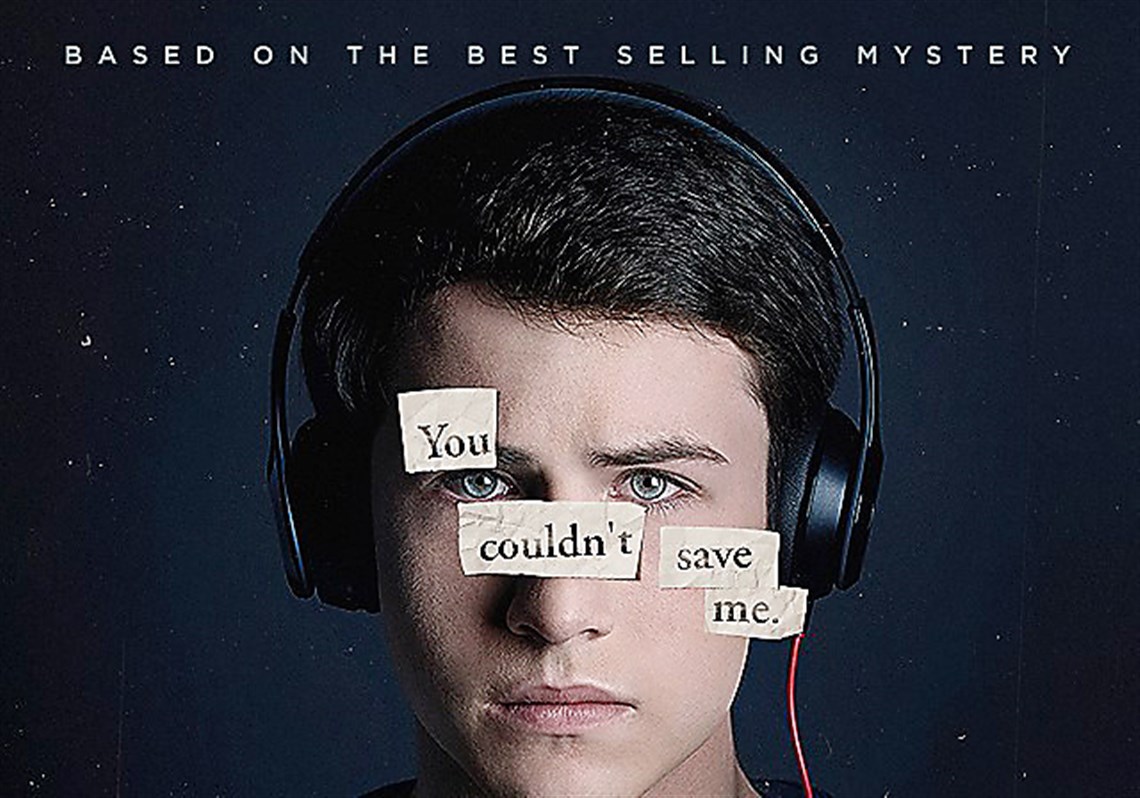
In retrospect, I look back at my high school crushes and all the emotional roller coaster rides and laugh. It’s silly. But back then, it felt very real. There were nights where I went to bed with a heavy heart, tossing and turning for hours, unable to sleep. Sure, I did not end up with mental health issues nor have I contemplated suicide but it’s still a topic that needs addressing.
Why is it I didn’t tell my parents about my first girlfriend? Why is it that I only found the courage at the age of 24, to tell my dad I occasionally consume alcoholic beverages (I started hammering down Tequilla shots many years prior) — Frankly, I spent a large chunk of my high school years lying to my parents about almost everything. When I received my mediocre SPM grades, I was more afraid of what my parents were going to say, than being disappointed in myself.
13 Reasons Why provides a nuanced perspective on all these issues.
What I love about the show is that it doesn’t just give us stereotypical, one-dimensional parent characters, but rather, a broad spectrum. Marcus’ parents don’t even realize they’re putting immense pressure on his shoulders by constantly telling him he’s this “great guy.” Unable to really express himself in front of his parents, he maintains the facade, while being a complete jerk behind their backs. Justin, whose mom is a junkie sticks to Bryce despite knowing that Bryce is an asshole, as Bryce has always been the brotherly figure in his life since they were kids.
Bryce’s parents are the kind who are never around. They give him all the money and freedom in the world in the name of ‘love’ and are only bothered about his scholarship and maintaining their perfect image when he’s charged with rape. Clay’s parents are perhaps the most balanced among the bunch. Both strict and open-minded, they know that teenagers will be teenagers and that it’s more important to guide them than to throw a bunch of rules that they’re never going to follow anyway.
If you’re not a fan of 13 Reasons Why, take a step back and ask yourself why? Is it because you think it glorifies depression and makes suicide cool? If that’s the case, perhaps you’re missing the point completely. 13 Reasons Why is a challenging work of art that frustrates us for all the right reasons. It sheds light on very important issues and forces you to reflect and have conversations about it. This is a great TV series.
Hey you! Yes you, hot stuff. Like my article? Leave a comment below and let me know what you think. Also, don’t forget to share it with your buds.


